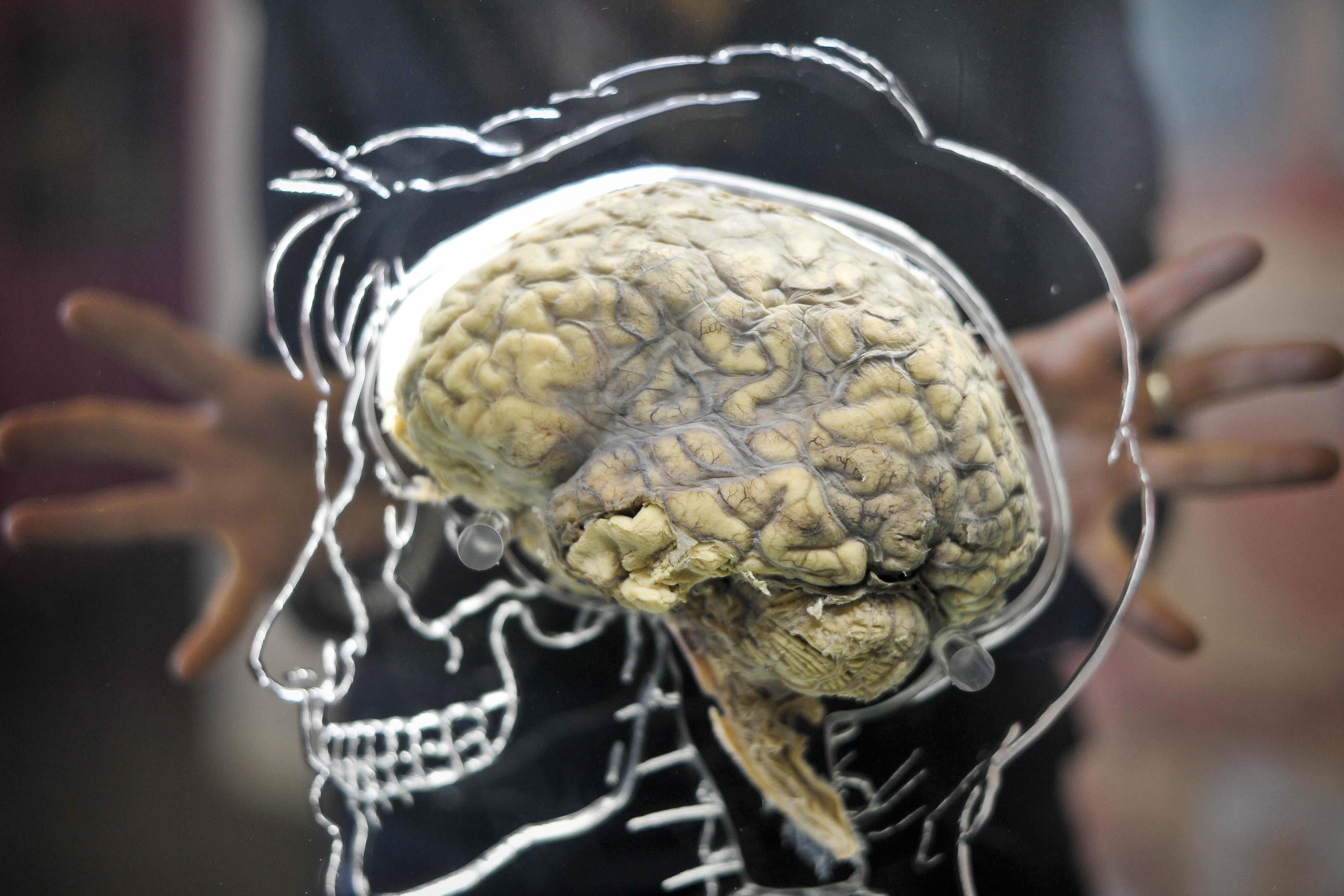Hunger hormones impact decision-making part of the brain, study shows
The study is the first to show how hunger hormones can directly impact activity of the brain’s hippocampus.

Your support helps us to tell the story
From reproductive rights to climate change to Big Tech, The Independent is on the ground when the story is developing. Whether it's investigating the financials of Elon Musk's pro-Trump PAC or producing our latest documentary, 'The A Word', which shines a light on the American women fighting for reproductive rights, we know how important it is to parse out the facts from the messaging.
At such a critical moment in US history, we need reporters on the ground. Your donation allows us to keep sending journalists to speak to both sides of the story.
The Independent is trusted by Americans across the entire political spectrum. And unlike many other quality news outlets, we choose not to lock Americans out of our reporting and analysis with paywalls. We believe quality journalism should be available to everyone, paid for by those who can afford it.
Your support makes all the difference.A hunger hormone produced in the gut can impact a decision-making part of the brain in order to drive an animal’s behaviour, new research suggests.
The study is the first to show how hunger hormones can directly impact activity of the brain’s hippocampus – a decision-making part of the brain that is understood to help us form and use memories – when an animal is considering food.
To ensure the animal does not overeat, the hippocampus puts the brakes on an animal’s instinct to eat when it encounters food.
But if the animal is hungry, hormones will direct the brain to switch off the brakes, the UCL researchers suggest.
We all know our decisions can be deeply influenced by our hunger, as food has a different meaning depending on whether we are hungry or full
They hope their findings might contribute to research into the mechanisms of eating disorders, as well as with other links between diet and other health outcomes such as risk of mental illnesses.
Lead author Dr Andrew MacAskill, of UCL neuroscience, physiology and pharmacology, said: “We all know our decisions can be deeply influenced by our hunger, as food has a different meaning depending on whether we are hungry or full.
“Just think of how much you might buy when grocery shopping on an empty stomach.
“But what may seem like a simple concept is actually very complicated in reality – it requires the ability to use what’s called ‘contextual learning’.
“We found that a part of the brain that is crucial for decision-making is surprisingly sensitive to the levels of hunger hormones produced in our gut, which we believe is helping our brains to contextualise our eating choices.”
Being able to make decisions based on how hungry we are is very important
For the study, mice were placed in an arena that had some food, and the researchers looked at how the mice acted when they were hungry or full while imaging their brains in real-time.
All of the mice spent time investigating the food, but only the hungry animals would begin eating, the study found.
The researchers were focusing on brain activity in the ventral hippocampus (the underside of the hippocampus).
When the mice approached food, activity in a subset of brain cells in the ventral hippocampus increased, and this activity stopped the animal from eating.
But if the mouse was hungry, there was less activity in this area, so the hippocampus no longer stopped the animal from eating.
This corresponded to high levels of the hunger hormone ghrelin circulating in the blood, researchers found.
The researchers were also able to experimentally make mice behave as if they were full, leading animals to stop eating even if they were hungry.
We hope that by improving our understanding of how this works in the brain, we might be able to aid in the prevention and treatment of eating disorders
Prior studies have shown that the hippocampus of animals, including non-human primates, has receptors for ghrelin, but there was scant evidence for how these receptors work.
This finding has demonstrated that the hunger hormone can cross the blood-brain barrier (which strictly restricts many substances in the blood from reaching the brain) and directly impact the brain to drive activity, controlling a circuit in the brain that is likely to be the same or similar in humans.
First author Dr Ryan Wee, of UCL neuroscience, physiology and pharmacology, said: “Being able to make decisions based on how hungry we are is very important.
“If this goes wrong it can lead to serious health problems.
“We hope that by improving our understanding of how this works in the brain, we might be able to aid in the prevention and treatment of eating disorders.”
The study is published in the Neuron journal.